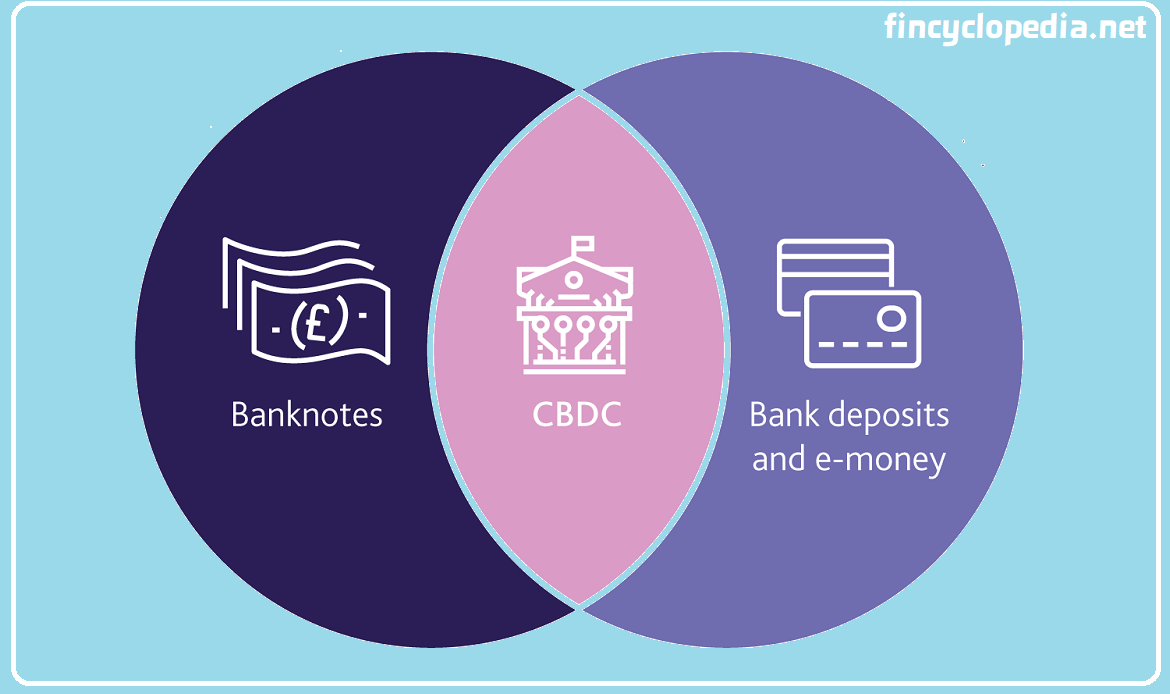The use of an asset or property already pledged for one loan as collateral for another loan. For example, cross collateralization occurs when a person takes from a given bank a mortgage loan secured by the property, and then takes another loan, say another mortgage loan secured by another property. As such, the first property and second one can be used as cross-collateral for the loans. If the person has paid back the first loan in full and wants to pledge the first property for some other commitment, the bank may interfere and constraint any such disposition by the customer because the first property is cross-collateralized to secure the second mortgage loan. Cross collateralization provides banks with an enhanced level of security as that increases their ability to redeem their money in case of financially stressed customers.
Another example of cross-collateralization is when a customer has a checking account, while owing the same bank a loan. If the customer becomes past due on the loan, the bank may take money out of the bank account or freeze the account until the customer pays his dues.






